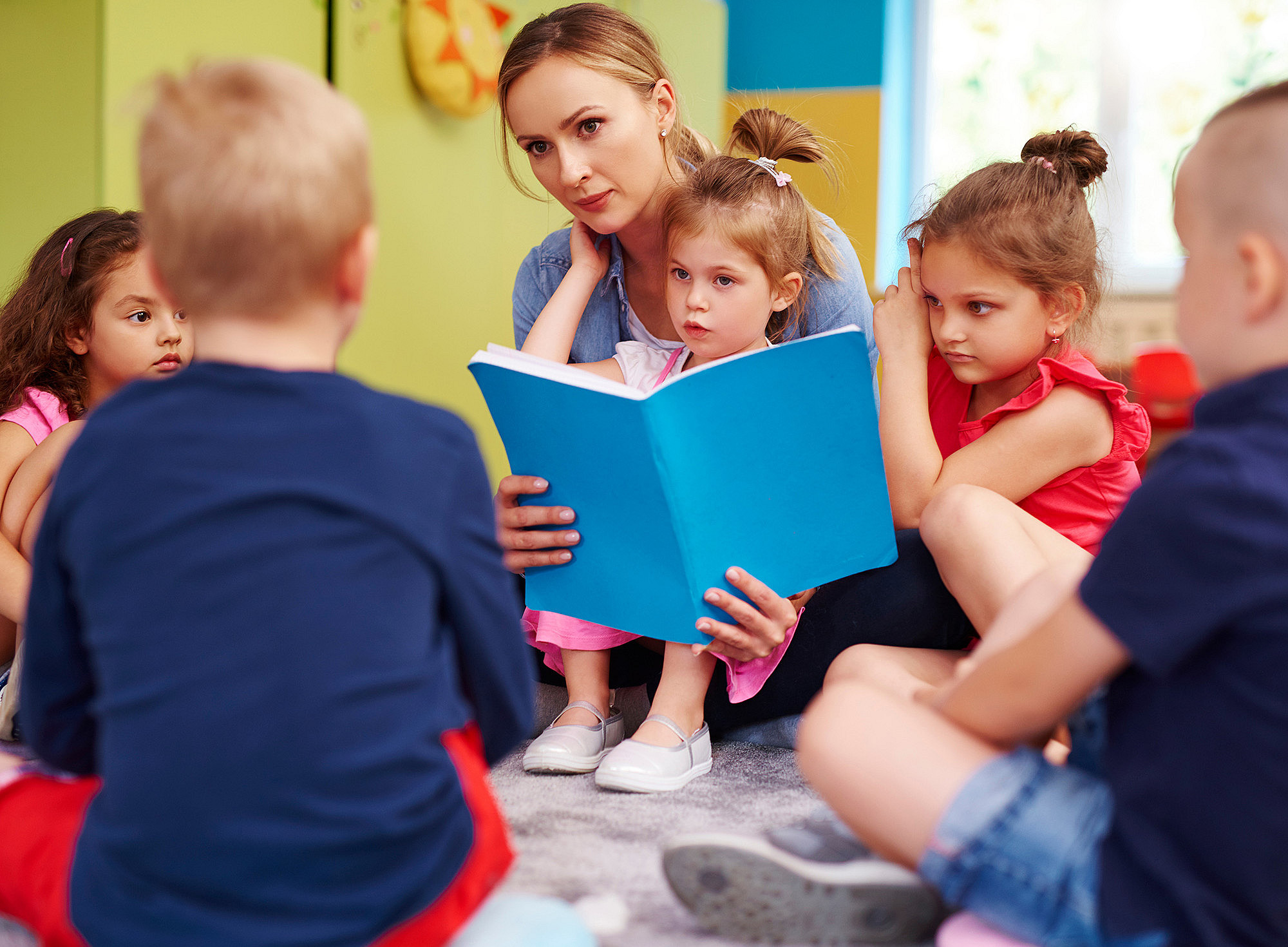The birthday ritual is an integral part of elementary education. "It is a visible marker for everyone, a stop in the course of the year. It provides structure and orientation," says Catherine Walter-Laager, describing one of its functions. "It's also important that it's the same for everyone. Every child is recognised in the same way and knows what to expect. This provides security," adds the researcher.
All rituals have something in common: they are repeated over and over again and always take place in the same way. Regardless of whether it's daily, like the morning circle in kindergarten, or once a year, like the lantern festival in November. The list could go on and on.
Fixed, playful routines can also be a great help for parents in everyday life, in the sense of agreements, says Walter-Laager and gives an evening ritual as an example: "I'll read you a bedtime story and then switch off the light. That way, there's no need to renegotiate bedtime every day."
Isn't that getting boring? Not as long as there is still a fundamental openness. "Ritualising everything would mean blocking the opportunity to learn new things, experience diversity and develop creative strategies," emphasises the elementary pedagogue. Fixed routines are not always and everywhere appropriate. "When conflicts arise, for example, it is important to engage in dialogue in order to understand each other and find a suitable solution, depending on the situation," explains Walter-Laager. Simply ritually apologising and shaking hands to end the conflict would be wrong here.
